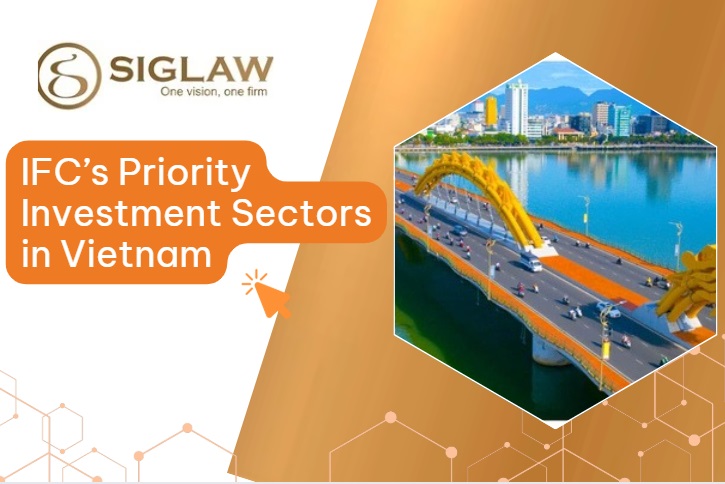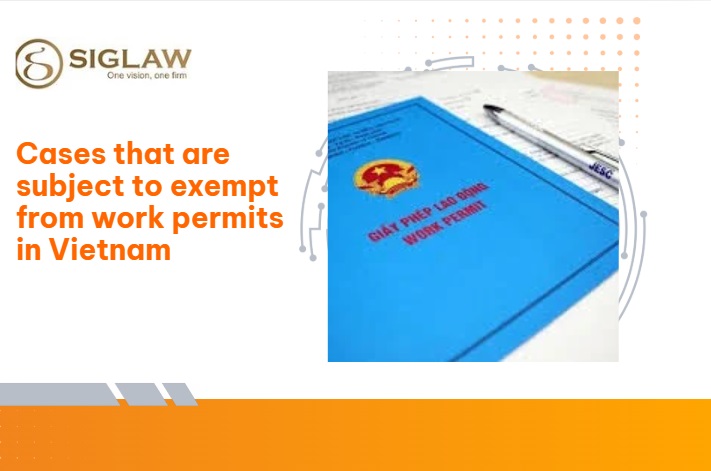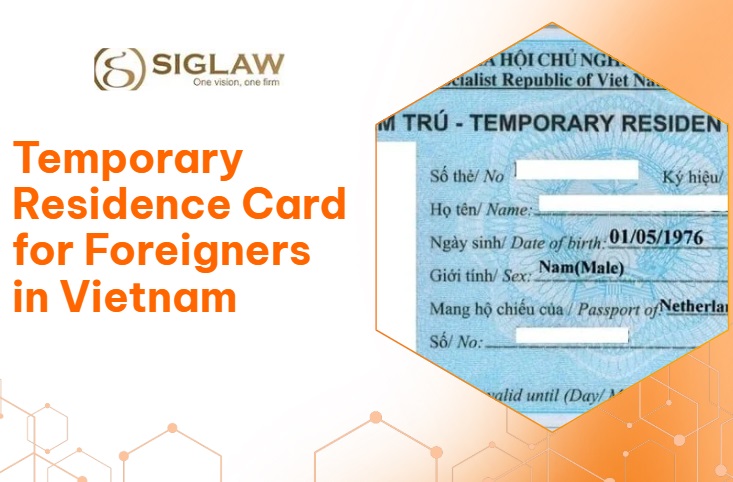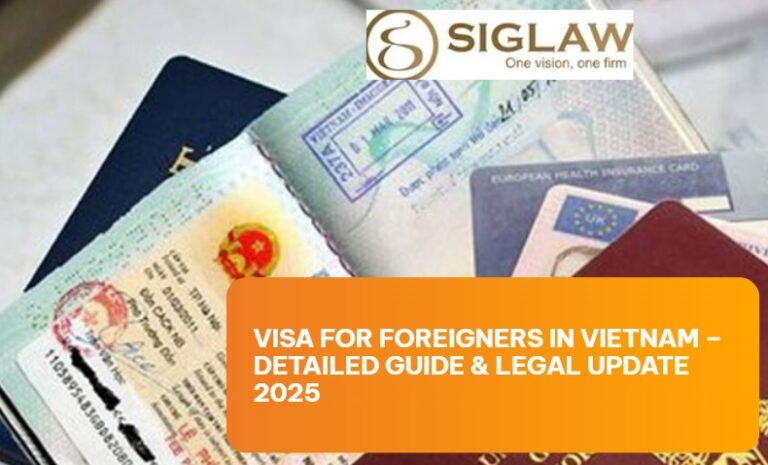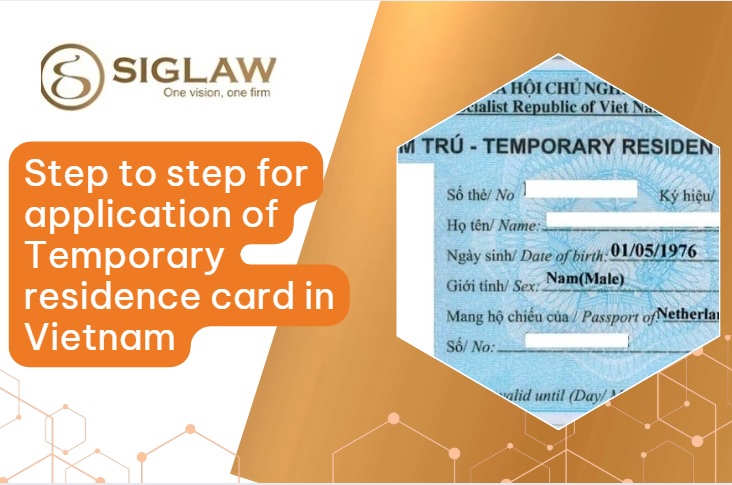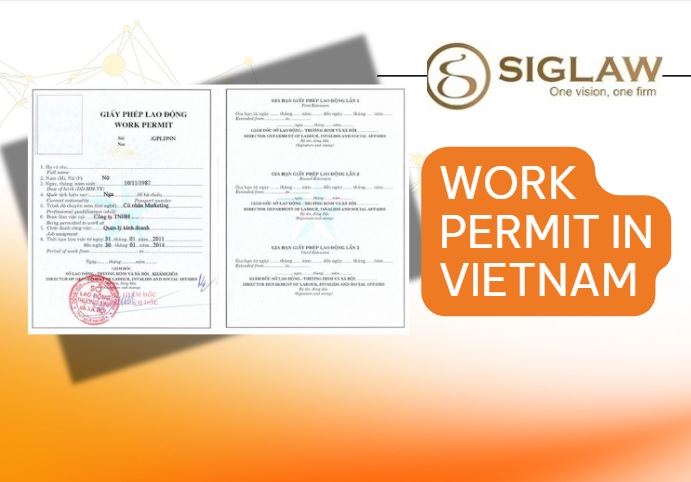ADVANTAGES OF INVESTING IN VIETNAM FOR KOREAN CAPITAL COMPANIES
In recent years, Vietnam has consistently received significant investment capital from Korea. The upgrade of bilateral relations to a comprehensive strategic partnership in 2022 is expected to usher in a new era for investment cooperation between the two countries. Projects in areas such as supply chain development and high technology are predicted to boom. In fact, Korea began investing in Vietnam in the 1990s and quickly became the leading investor in this market. According to data, by 2008, Korea had 2,114 businesses operating in Vietnam with a total investment capital of 18.952 billion USD. Notably, since the two countries established a strategic partnership in 2012, FDI inflows from Korea to Vietnam have increased significantly. So, what advantages do Korean capital companies have when investing in Vietnam? Let’s follow along in this article.
8 advantages of investing in Vietnam for Korean capital companies
According to experts, there are many reasons why Korean investors are turning to Vietnam—a country often referred to as a ‘new tiger’ of Asia.
First, Vietnam boasts a plentiful and low-cost labor force, which is highly regarded for its skills, diligence, and hard work. This key factor helps Korean companies reduce production costs and enhance the competitiveness of their export goods.
Second, the vast consumer market with nearly 100 million people is also an attractive point for investors. The rapidly growing middle class and young population, along with relatively high economic growth rates, serve as leverage for development.
Third, the stable political situation allows businesses to invest confidently in Vietnam, minimizing risks compared to other emerging economies that are more volatile.
Fourth, Korea’s ‘New Southern Policy’ aims to develop relations with Southeast Asian countries, with Vietnam being a top priority. This helps Korea reduce its dependence on traditional partners like the U.S. and China.
Fifth, Vietnam’s open-door policy, administrative procedure reforms, and tax incentives promote foreign investment.
Sixth, many Korean investors are shifting their capital from China to Vietnam following diplomatic tensions between the two countries.
Seventh, free trade agreements between Vietnam and various partners boost investment and expand benefits for investors.
Eighth, the cultural proximity between the two countries facilitates operations for Korean investors. These advantages make Vietnam an attractive destination for investors from the land of the morning calm.
Contributions of Korean investors when investing in Vietnam
With total investment in Vietnam exceeding 80 billion USD (as of the end of 2022), Korea is the largest foreign investor in Vietnam. Over the years, Korean enterprises have made significant contributions to the country’s socio-economic development.
First, these businesses have promoted the formation and development of Vietnam’s electronics industry, especially after Samsung and LG invested in the country. Currently, the electronics sector accounts for about 20% of the industrial production value.
Second, Korean conglomerates have helped hundreds of domestic companies participate in the global supply chain. For instance, Samsung Vietnam currently has 254 suppliers, a significant increase from just 4 in 2014.
Third, these companies have made substantial contributions to Vietnam’s economic growth and export turnover, estimated to account for 25% of total export value. Samsung alone represents about 20% of export turnover, with tens of billions of USD each year.
Fourth, these conglomerates create jobs for millions of workers, with approximately 8,000 companies providing over 1 million direct jobs. Additionally, they generate indirect employment in various other sectors
Fifth, Korean enterprises enhance management capacity and train high-quality human resources for local units.
In general, Vietnam offers a stable investment climate, with a progressively improving legal framework and various incentive programs. To sustain the influx of Korean investment, Vietnam should undertake pragmatic policy reforms and enhance its business environment, …
Direction for attracting Korean investment capital in Vietnam
In order to prepare for a wave of high-quality investment, including from Korean investors, Vietnam has been taking necessary steps regarding land funds, human resources, energy, supporting industries, improving the investment environment, and establishing a task force to assist investors. To further develop the Vietnam – Korea strategic partnership, several proposed solutions for the near future include:
- Promoting investment cooperation in areas such as high technology, innovation; green economy, digital economy, and digital transformation; clean energy, smart cities, and green industrial zones.
- Coordinating to strengthen economic linkages in the region, maximizing the effectiveness of the VKFTA agreement, and leveraging advantages from the RCEP agreement.
- Supporting businesses from both countries to connect and facilitate Vietnamese companies’ participation in the supply chain. Korean enterprises should transfer technology and establish R&D centers in Vietnam.
Vietnam and Korea have developed together over the past 30 years and will continue to cooperate in the future. Vietnamese agencies are ready to accompany Korean enterprises, contributing to nurturing the good relationship between the two countries.
Phone: (+84) 961 366 238
Email:
- vphn@siglaw.com.vn
- vphcm@siglaw.com.vn
Headquarters: No.44/A32-NV13, Gleximco A, Le Trong Tan street, An Khanh, Hoai Duc, Ha Noi, Vietnam.
Southern branch: No.103 – 105 Nguyen Dinh Chieu Str., Xuan Hoa Ward, Ho Chi Minh.
Central branch: VIFC DN – ICT Building Software Park No. 2, Nhu Nguyet Street, Hai Chau Ward, Da Nang City
Facebook: https://www.facebook.com/hangluatSiglaw



